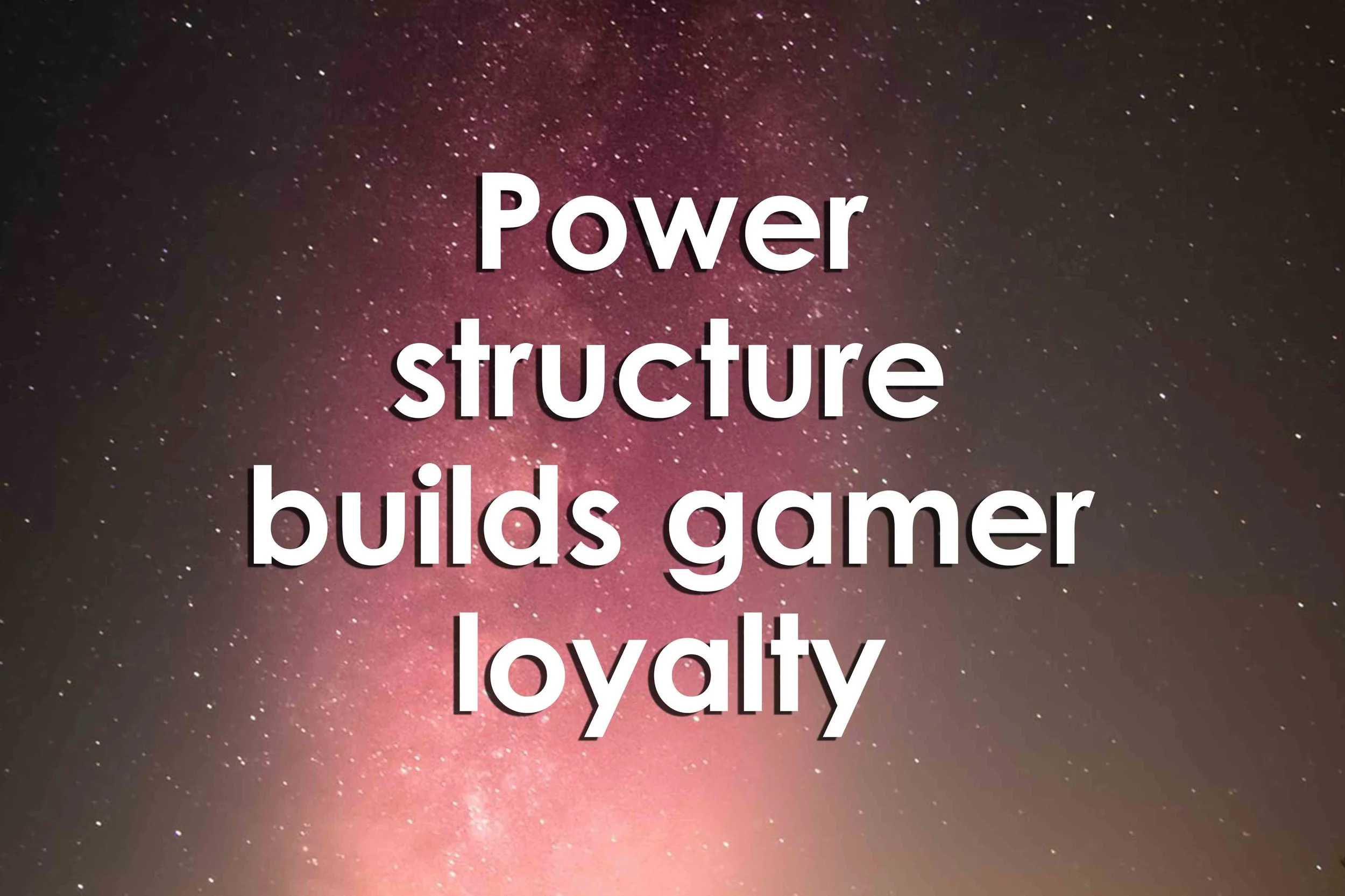Power structure builds gamer loyalty
Power structure builds gamer loyalty
Power structure builds gamer loyalty
By Tzu-LingHuang, Ching-ITeng, Shih-ITai, HsinChen, and Alan R.Dennis
Abstract
“Online games offer substantial business opportunities, fueling intense competition among game makers. To build gamer loyalty, a critical challenge for game makers is preventing gamers' misbehaviors that annoy other gamers. Such challenges should be considered when game makers are making their design decisions and resource allocation decisions. We contend that building in-game relational cohesion should be an effective means of reducing such behaviors and strengthening loyalty. We also extend relational cohesion theory (RCT) by challenging the assumption that only equal power helps form relational cohesion in one-on-one contexts. In contrast, unequal power may provide an alternative means of enhancing relational cohesion in large groups of users (e.g., the entire user population). This study is the first to introduce and explore how unequal power—a novel and critical element of power structure—forms relational cohesion and strengthens online gamer loyalty. This study uses both behavioral-continuous and perceptual-anchored scales to collect responses from 1003 online gamers. Theoretically, this study widens the applicability of RCT from one-on-one contexts to one-to-many contexts. Practically, this study can help game makers make design and resource allocation decisions to use unequal power, thus effectively building gamer loyalty.”
Reference
Huang, T., Teng, C., Tai, S., Chen, H., & Dennis, A. R. (2022). Power structure builds gamer loyalty. Decision Support Systems, 154, 113696. doi:10.1016/j.dss.2021.113696 https://www.sciencedirect.com/science/article/abs/pii/S0167923621002062
Keyword
Online game loyalty, relational cohesion survey, structural equation modeling, team participation, norm compliance, flow, research

